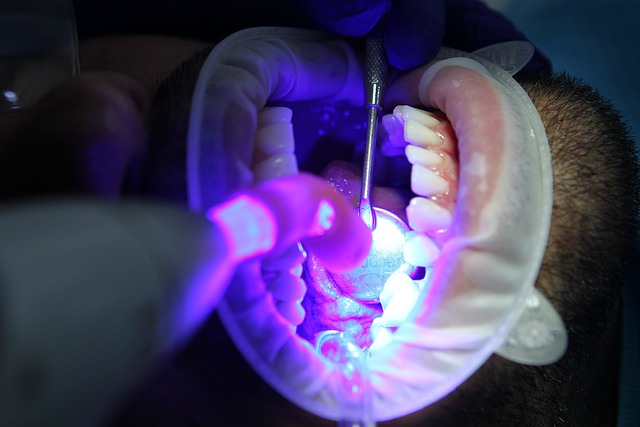Understanding Pet Dental Care: A Comprehensive Guide
As a responsible pet owner, one of the most important aspects of caring for your companion animal is dental health. Just like humans, pets are prone to tooth decay, gum disease, and other oral health issues that can lead to pain, bad breath, and even systemic infections. In this article, we will delve into the world of pet dental care, exploring the importance of regular brushing, professional cleanings, and preventative measures.
First and foremost, it’s essential to understand that dogs and cats have different dental needs than humans. While our teeth are designed for grinding and crushing food, a pet’s teeth are shaped more like knives, perfect for shearing meat from bone. As a result, their diet consists mainly of raw meat, which can lead to tartar buildup and gum disease if not properly cared for.
**The Importance of Regular Brushing**
Brushing your pet’s teeth is an essential part of maintaining good dental health. Just like human brushing, regular tooth brushing helps remove plaque, a sticky film of bacteria that can accumulate on teeth and lead to cavities and other issues. However, with pets, the process requires some finesse.
To begin with, you’ll need to choose a suitable toothbrush designed specifically for pets. These brushes come in different sizes and shapes to accommodate various breeds and species. Next, select a pet-friendly toothpaste containing ingredients like potassium nitrate or chlorhexidine, which help reduce sensitivity and kill bacteria.
When brushing your pet’s teeth, start by introducing the process gradually. Begin with short sessions (about 30 seconds) and reward your pet with treats for their cooperation. Gradually increase the duration as they become more comfortable with the process. Be sure to focus on the areas where the teeth and gums meet, as this is where tartar tends to accumulate.
**Professional Cleanings: When to Seek Veterinary Care**
While regular brushing is essential, it’s not enough on its own to keep your pet’s teeth clean. That’s where professional dental care comes in. A veterinary dentist or general practitioner can perform a comprehensive examination, including a visual inspection of the mouth, an intraoral camera examination, and radiographs (x-rays) if necessary.
The goal of these examinations is to identify any signs of oral disease, such as redness, swelling, and bleeding gums, and to detect potential problems like abscesses or tumors. Based on their findings, your veterinarian may recommend a dental cleaning procedure, which involves scaling and polishing the teeth to remove tartar and plaque.
**Preventative Measures**
To minimize the risk of dental issues, there are several preventative measures you can take:
* Provide a balanced diet rich in nutrients, including vitamins D and A, which help maintain healthy gums and bones.
* Offer dental chews or toys containing ingredients like silica or calcium carbonate, which help clean teeth naturally.
* Schedule regular dental check-ups with your veterinarian to catch any potential issues early on.
**Common Dental Issues in Pets**
Just like humans, pets can develop a range of dental issues, including:
* Tartar buildup and gum disease
* Tooth decay and cavities
* Bad breath (halitosis)
* Gum recession and exposed roots
These conditions can lead to pain, discomfort, and even systemic infections if left untreated. Regular monitoring by your veterinarian is crucial in identifying these issues early on.
**Conclusion**
Maintaining good dental health is essential for the overall well-being of your pet. By incorporating regular tooth brushing, professional cleanings, and preventative measures into your care routine, you can help prevent common dental issues and ensure your furry friend lives a long and happy life.
So, take the first step today and prioritize your pet’s oral health. With the right knowledge and tools, you’ll be well on your way to creating a healthier, happier companion animal.
**Tags**
pet-dental-care
dental-health-for-pets
brushing-your-pet-s-teeth
